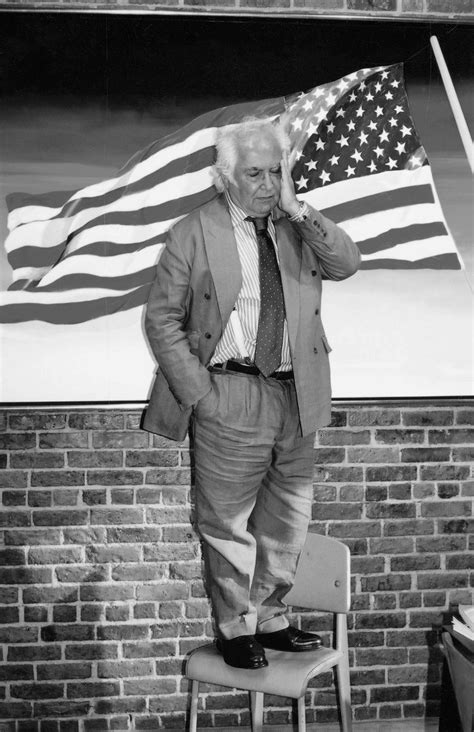Ein Zitat von Iain McGilchrist
Die Entwurzelung aus der eigenen Kultur ist nicht so schädlich für Glück und Wohlbefinden, wie die Aufnahme in eine relativ fragmentierte Kultur, sofern man die Denk- und Lebensweise mitnimmt, die die stärker integrierte soziale Kultur, aus der man stammt, charakterisiert.
Verwandte Zitate
Da gibt es weniger Grauzonen, weniger Zweifel. Es liegt eine Sicherheit darin, immer etwas zu sein. Auch unsere Kultur fördert diese Art des Seins – Übertreibung beispielsweise ist in den USA der Schlüssel zum Werbeerfolg. Aber Übertreibungen scheinen auch ein großer Teil der iranischen Kultur zu sein.
Viele Lehrer der Sechziger-Generation sagten: „Wir werden eure Kinder stehlen“, und das taten sie auch. Ein bedeutender Teil Amerikas ist zu den Ideen der 1960er Jahre konvertiert – Hedonismus, Maßlosigkeit und Konsumismus. Für die Hälfte aller Amerikaner ist die Woodstock-Kultur der Sechzigerjahre die Kultur, mit der sie aufgewachsen sind – ihre traditionelle Kultur. Für sie liegt die jüdisch-christliche Kultur mittlerweile außerhalb des Mainstreams. Die Gegenkultur ist zur dominanten Kultur geworden und die frühere Kultur zur Dissidentenkultur – etwas, das weit abseits und „extrem“ ist.
Für mich als christlicher Armenier, in die islamische Kultur im Iran hineingeboren und dann im Alter von 13 Jahren nach England geschickt, wo ich die englische Kultur annahm und Teil des sogenannten Swinging London und der Ära der Euphorie und des Feierns wurde Die Darstellung der 60er Jahre ist sehr kritisch. Es war ein Moment, in dem das Geschäft des Internationalismus zum ersten Mal effektiv repräsentiert wurde – in Musik, Kunst, Kino, Design. Davor war alles auf die alte Industrie, die alte Schule, das alte Format ausgerichtet, und es gab keinen Raum für die Weiterentwicklung verschiedener Varianten.
Ruhm macht Spaß, Geld ist nützlich, Berühmtheit kann aufregend sein, aber letztendlich geht es im Leben um optimales Wohlbefinden und darum, wie wir das in einer dominanten Kultur, in einer gierigen Kultur, in einer Kultur erreichen, die so viele Ressourcen der Welt verbraucht. Wie führen Männer und Frauen, Jungen und Mädchen ein Leben voller Mitgefühl, Gerechtigkeit und Liebe? Und ich denke, das ist die visionäre Herausforderung für den Feminismus und alle anderen fortschrittlichen Bewegungen für gesellschaftlichen Wandel.






































